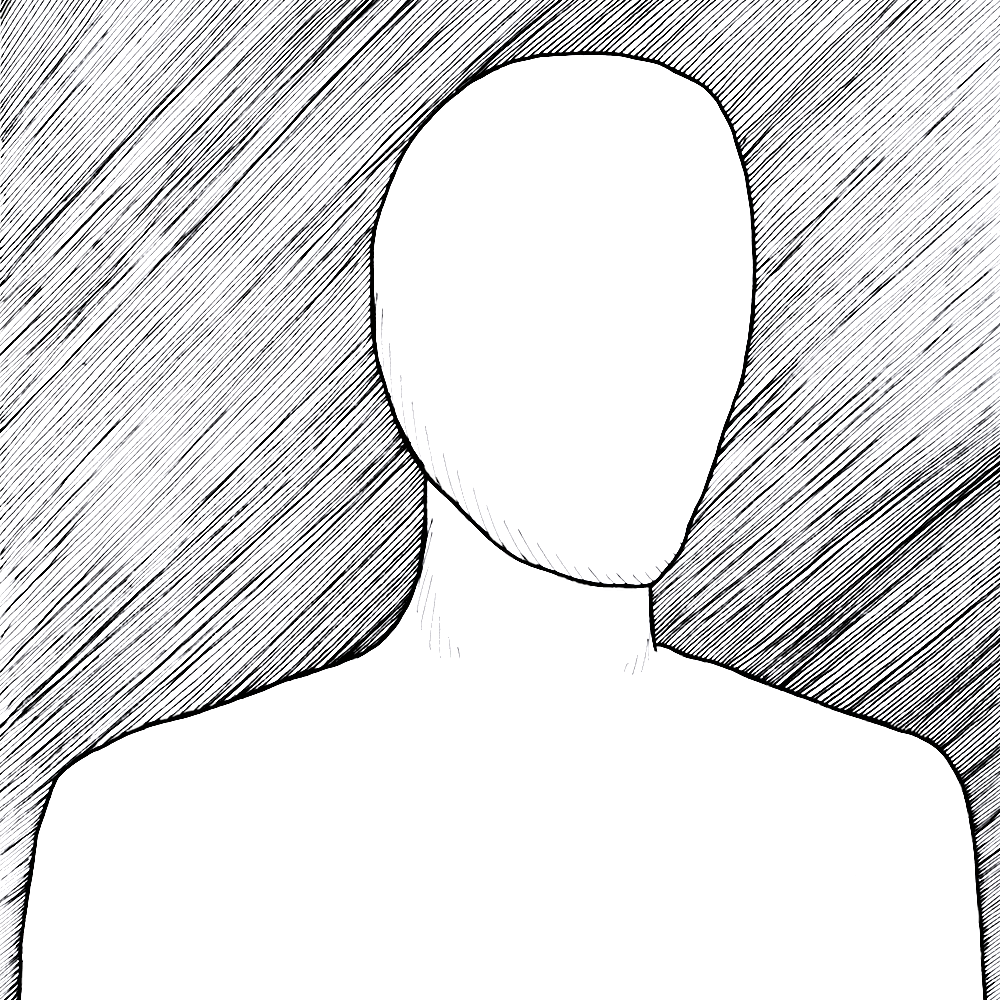
John Wade exposes the system of political corruption in England (1835)
Found in: The Black Book: An Exposition of Abuses in Church and State (1835)
The British Philosophic Radical John Wade (1788-1875) compiled detailed lists of all those who used the British state to get taxpayers money and legal privileges with the aim of so angering the British people that they would support the movement for reform:
The State
The object of the Editor at first was, and now has been, to show the manifold abuses of an unjust and oppressive system; to show the dire calamities it has inflicted on the country, and by what ramifications of influence it has been supported.
Government has been a corporation, and had the same interests and the same principles of action as monopolists. It has been supported by other corporations; the Church has been one, the Agriculturists another; the Boroughs a third, the East-India Company a fourth, and the Bank of England a fifth: all these, and interests like these, constituted the citadel and out-works of its strength, and the first object of each has been to shun investigation. We have, however, rent the vail; those who before doubted may, if they please, come and see, and be convinced.